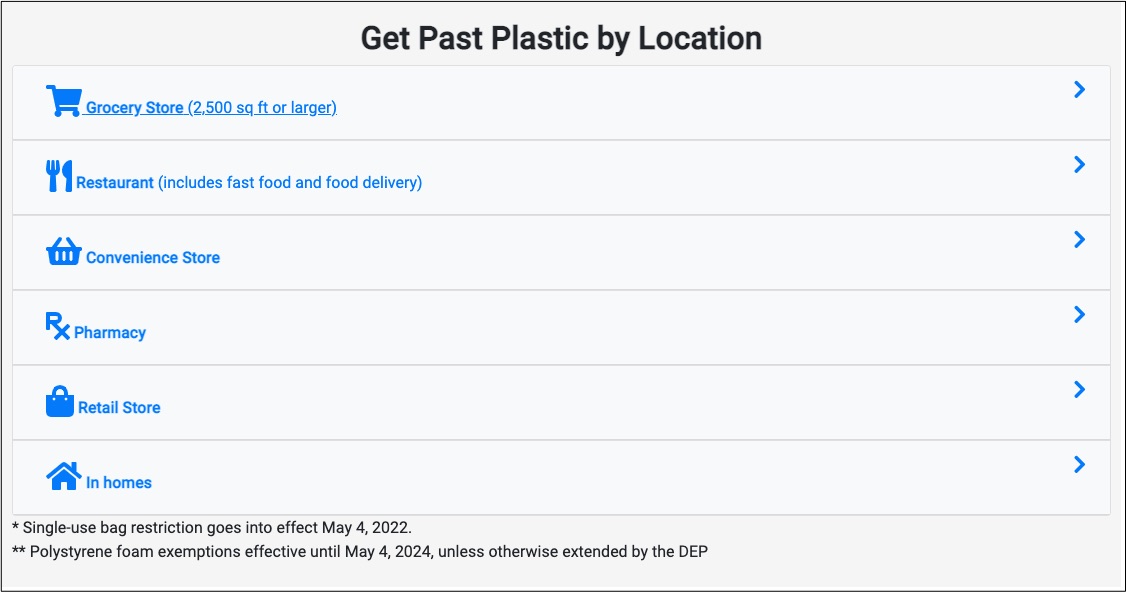Yesterday, in New Jersey, the paper and plastic bag bans began.
The new problem could be the “Cobra Effect.”
New Jersey’s Paper and Plastic Bag Bans
As of yesterday, May 4, no New Jersey grocery store that is larger than 2,500 feet can have plastic or paper bags at the check-out. Meanwhile, for take-out, restaurants are limited to paper. And then, as a further tweak, the law permits plastic in the produce and meat aisles. Actually, the law considered countless other situations.
The N.J. “Get Past Plastic” list is long when you open each link:

This is the restaurant link:

Global Plastic Solutions
Globally, we are recycling just 9 percent of our plastic waste. We should note that, according to the OECD, plastic bags are a tiny part of the problem.
Below, you can see where the plastic is piling up:

The Cobra Effect
Citing “the Cobra Effect,” a recent academic paper warned us that plastic bag bans (and other environmental solutions) can have unintended consequences. With the “Cobra Effect,” the solution makes the problem worse. The term originated during a British attempt in India to limit the number of cobras by offering a reward for each captured snake. Breeders responded by producing more snakes, and thereby boosting their rewards.
The question for New Jersey is whether we will create a “Cobra Effect” through our substitute bags.
Our Bottom Line: Market Failure
Ruled by supply and demand, markets determine price and quantity. When the price creates a ripple of problems called negative externalities, we can say we have market failure. The question then is how to correct it.
One recent paper cited market-based and command and control solutions for the plastics market failure:

So yes, by correcting market failure, New Jersey could be creating the “Cobra Effect.”
My sources and more: For the big picture, the OECD had one of the more recent reports on the plastics problem while NJDEP’s “Get Past Plastic” list was local. However, it was this paper that I found most valuable. Finally, we had more on plastic bag ban examples in this past econlife post but my favorite is our Bethel post.





